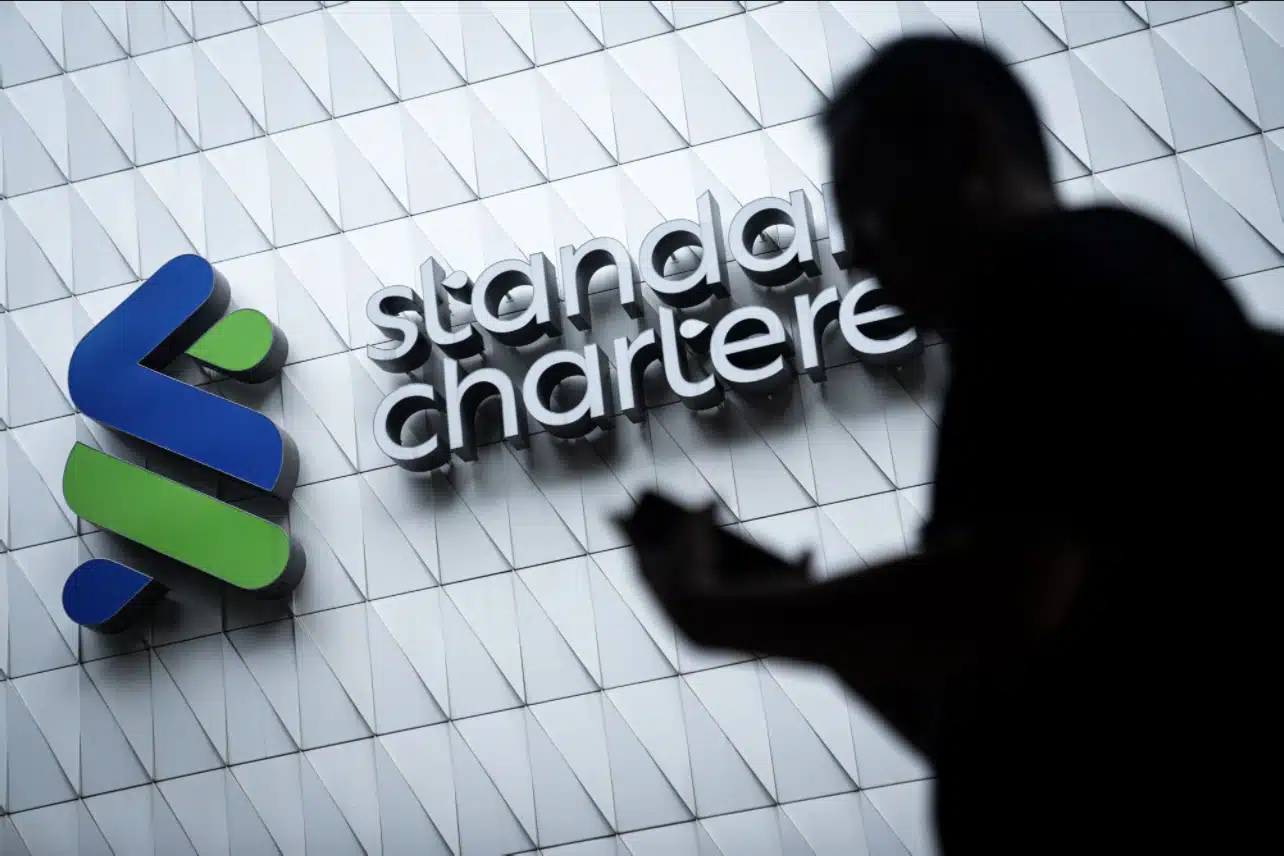Ghana’s central bank has rolled out corporate governance standards for payment service providers, demanding stronger board oversight and clearer management structures as the country’s digital finance sector continues to grow at a fast pace.
The Bank of Ghana‘s new guidelines, which take effect from December 31, 2025, target all licensed payment companies, including mobile money operators, electronic money issuers, and fintech firms operating under the Payment Systems and Services Act of 2019.
The rules mandate that larger operators like Dedicated Electronic Money Issuers (DEMIs) and Enhanced Payment Service Providers (EPSPs) reserve at least one-third of board seats for independent directors with no financial ties to the company. These directors cannot hold more than five percent equity stakes or maintain business relationships that could compromise their judgment.
Board chairpersons face term limits of four years with just one renewal option, while non-executive directors get maximum terms of four years, renewable twice. The central bank can now recommend additional directors based on risk assessments of individual companies.
Ghana’s digital payments sector has witnessed explosive growth in the past decade, with the value of mobile money transactions reaching over $290 billion in 2024, according to official data.
This surge has attracted both local startups and international players seeking to tap into the country’s 32 million population, where mobile phone penetration exceeds 100%.
The governance overhaul reflects broader regulatory tightening across Africa’s fintech markets. Nigeria recently introduced new capital requirements for payment service providers, while Kenya enacted anti-money laundering laws targeting virtual asset platforms in March.
Under Ghana’s new framework, payment companies are required to establish formal succession plans for key executives and maintain robust internal controls. Chief executives cannot simultaneously serve on the boards of other licensed institutions, thereby closing potential conflicts of interest that could compromise operational integrity.
The guidelines also strengthen anti-money laundering requirements, mandating specialised compliance officers who report directly to board committees. This addresses international pressure on African countries to combat illicit financial flows, particularly as digital payment channels become preferred routes for cross-border transactions.
Companies failing to comply face removal of executives, restricted operations, or enhanced supervision by the central bank. The regulator can hold individual officers personally liable for violations, raising personal stakes for management teams.
The west African nation’s latest move signals the maturation of the continent’s digital finance sector, where regulatory frameworks are catching up with rapid technological adoption and growing transaction volumes.










